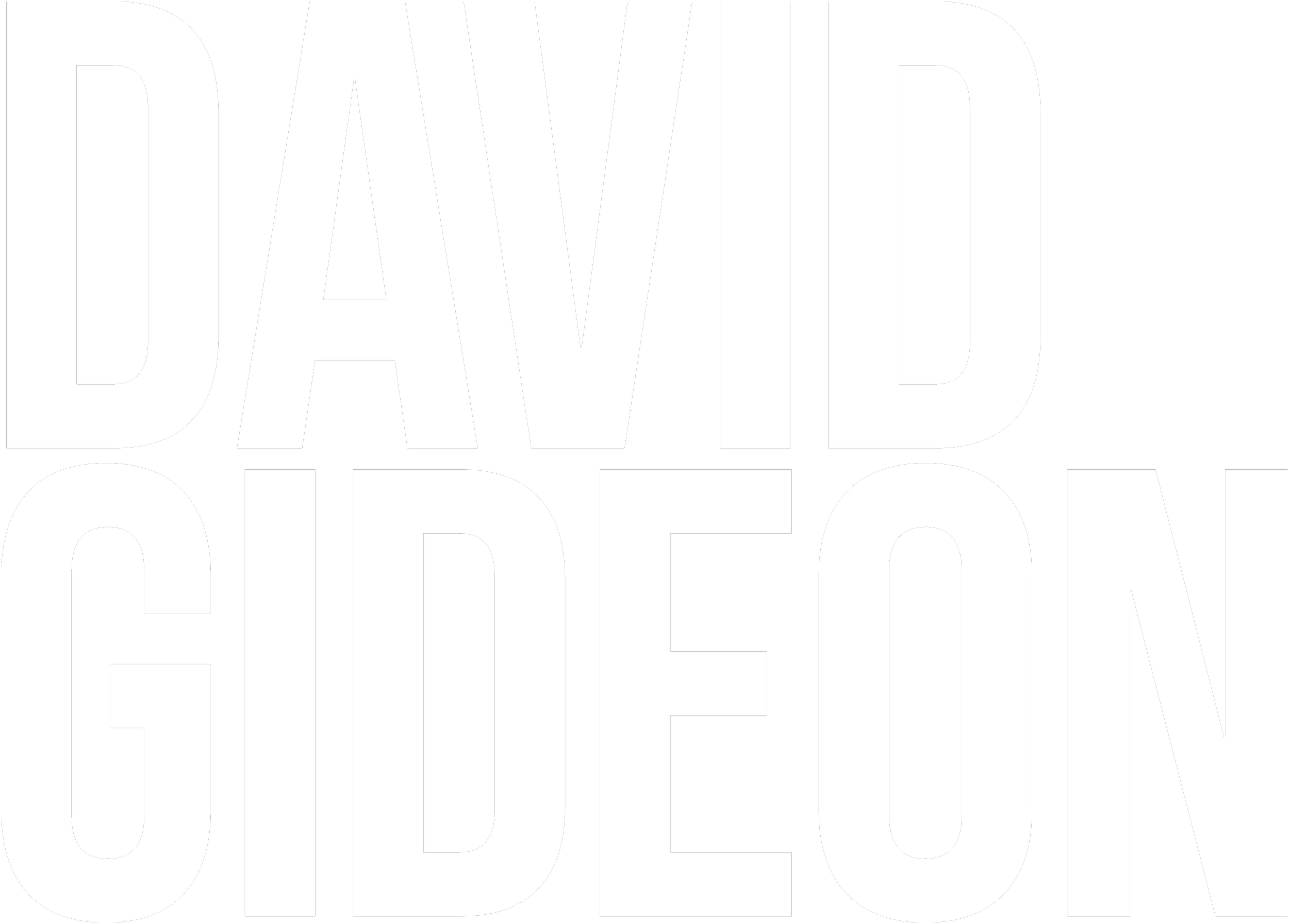For as long as I can recall, actors have been praised for being “natural”. Of course, it’s important to keep in mind that this comes from critics who are writing for a general audience more than for actors and theatre professionals. Even among many friends, mine and probably yours, this label of “natural” is seen as an accolade and something to strive to achieve.
When starting out on the path toward a life in acting, it is almost a given that this is the goal that most people set for themselves. In an effort to be believable most young actors say, “but that is what I really do. That is what comes naturally to me”. They rarely realize that all the great characters, the ones that are worthy of being written, live lives far greater and more complicated than most of us. For this, actors must get in touch with both their character’s reality as well as their own ability to be real.
What is the difference between these two destinations? When does it matter whether an actor is “real” or “natural”? According to Lee Strasberg, “natural” is the behavior that we ordinarily bring with us, while “real” is what lies underneath. “Real” is what we want to do, while “natural” is what we have been taught to do. The life-lessons leading toward natural behavior are important ones. Without learning them our interactions could be very uncivil and destructive. Even in the simplest terms, we have to learn to control ourselves and our expressions. We can allow ourselves to be startled and express the pain of a stubbed toe, but we have to learn to contain the greatest part of that expression so as not to alarm anyone around us.
Both natural and real expression can be believable. But whereas natural behavior remains in the realm of everyday experience, real is usually larger, fuller and more intense. It is this real expression that will live up to the demands of the great characters. I like to describe it the following way in class. Imagine that you are very hungry and go into a restaurant for a meal. While waiting to order, the server brings a delicious looking plate of food to the next table, and the wonderful aroma wafts directly towards you. It is natural to begin to salivate, and when the waiter comes to take your order it is natural to ask for the same dish as quickly as possible. But if we get beneath the learned civility to what we really want, we would grab that dish from the nearby table and begin to wolf down the food. Of course, this example of behavior is an exaggeration, but I believe it illustrates the point.
This also holds true with expressions of emotion. We have learned to control how we feel and to divert many of our feelings into other forms of expression. It is common, even currently, for men to avoid crying and express their sadness in angry ways. Similarly, women are encouraged to express their anger in tearful, sad ways. While learning to get to the underlying reality of these expressions, many actors get confused and frustrated, but the final product is truly worth it.
The fullness of real expression isn’t always called for. Most of the time our characters behave and express in normal ways and within the structures of normal discourse. But for those moments when larger realities are called for, we have to be prepared. If we wait until they are needed it will be too late.
At the end of the movie “The Graduate”, Dustin Hoffman’s character runs into a church and steals his true love away as she is about to marry another man. As people chase them, he picks up a cross and uses it to barricade a door to block their way. This is real as opposed to the natural behavior of sitting in a bar bemoaning your fate as she marries someone else.
Of course, there are roles that have no moments of natural behavior and expression. Everything requires fullness and absolute reality. Lady Macbeth is such a character, as is The Thane himself. So are most of the other great characters. All of the Tyrone family in “Long Day’s Journey Into Night” require a commitment to real and truthful performances. Just remember to have fun along the way, and save your truth-telling for the stage.
To go one step further, it becomes important to recognize what Yevgeny Vakhtangov, Stanislavski’s disciple, called “Fantastical Reality”. Once, during the question and answer portion of a seminar that he was giving, Lee was asked who, in his opinion, was the true interpreter of Stanislavski: he, Stella Adler, Sandy Meisner, Herbert Berghof, Uta Hagen?Who? He said,”you will have to ask the others. I don’t teach Stanislavski. I teach Strasberg”. He went on to describe how his work was based on and was an extension of, Vakhtangov’s reality that was larger and fuller and more complete than reality itself. Only by achieving this greater “fantastical reality” can the important characters be approached.
As described in accounts of Vachtangov’s directing operas and plays such as Puccini’s “Turandot”, and Ansky’s “The Dybbuk”, this often combined Stanislavski’s inner life work with the archetypical work of Mask and Comedia Del Arte.
Truly, the work of the actor/artist is never finished. The more we learn the more we come to realize that there is no such thing as the one true way. This was true for Vakhtangov and Strasberg, and it is true for us today. Acting goes so much further than popular entertainment in its pursuit of shining the light on life, and this demands that we never stop exploring, learning, and stretching ourselves to discover new ways of expression.
